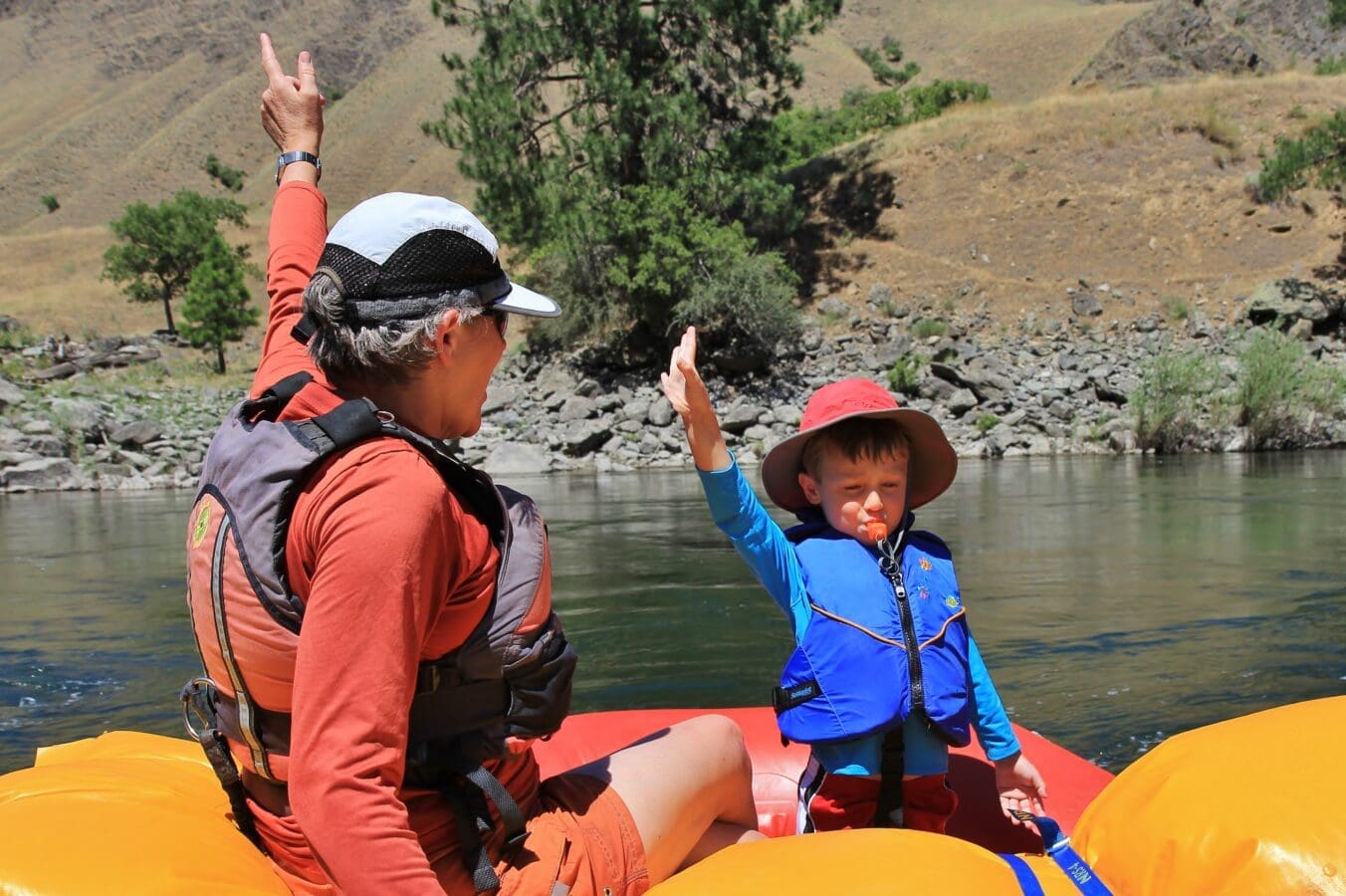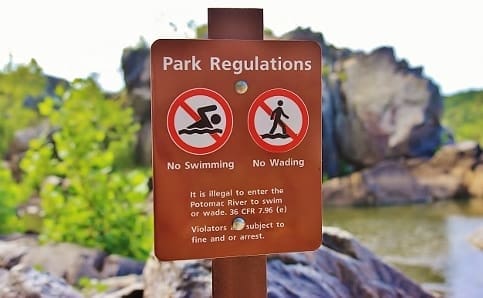
Summer Safety: River and Boating Safety Laws
Summer unofficially starts on Memorial Day Weekend. As the weather is warming up in most areas, people will begin to head to rivers, lakes, ponds, pools, and beaches this weekend. With this water pilgrimage in mind, it’s important to follow the safety laws which have been implemented to save lives and prevent accidents. We’ve collected a few of these safety laws which are important to follow.
Use of Life Jackets while Boating
Almost all states – including Maryland, Virginia, Washington, DC, West Virginia, Wyoming, and Idaho — have adopted safety laws which require a life jacket (also known as a personal flotation device) (PFD) to be readily accessible in almost all boats or watercrafts that are placed in a navigable waterway. These waterways generally includes rivers, streams, oceans, or bays. Additionally, most states’ boating laws also provide requirements for life jackets to be worn at certain.
The State of Maryland requires that PFDs to be worn by (1) kayakers and canoeist while on certain “designated whitewater sections,” (2) by whitewater rafting customers on the Youghiogheny River, (3) for all users of personal watercrafts, (4) for anyone being towed by a boat while water-skiing, and (5) for anyone using a “jetpack vessel.”
The Commonwealth of Virginia requires life jackets to be worn by any person riding on or being towed by a personal watercraft.
The City of Washington, DC requires that a that any person in a vessel wear a personal flotation device “in the area from the southernmost point of the cove commonly known as Fletcher’s Cove in the Georgetown Channel of the Potomac River upstream to the District of Columbia boundary line at Little Falls.”
The State of Wyoming regulations require that anyone 12 years of age or younger on a boat wear a life jacket. Similarly, Idaho regulations require life jackets must be worn by (1) anyone 14 years of age and younger in vessels 19 feet or less and (2) anyone in or being towed by a personal watercraft.
While wearing a personal flotation device is an important safety practice for anyone to follow while boating, under certain circumstances, wearing a life jacket is also required by the law. Thus, if you happen to be boating this weekend, we strongly encourage you to wear a life jacket regardless of your confidence of your swimming or boating abilities.
Swimming in Rivers
During the summer, people can generally be found swimming in local rivers. However, in some cases — especially around whitewater — swimming can be both illegal and dangerous.
As an example, during the past few years, signs have been placed along the Potomac River near Great Falls declaring that that swimming and wading are illegal in the Potomac River. Swimming without a life jacket in certain whitewater rivers sections is certainly extremely dangerous; thus, such swimming laws make sense. However, are the swimming restriction signs properly conveying the operative law for the Potomac River? Is swimming illegal in the Potomac River?
As we discussed in a detailed earlier article on Potomac River Swimming, swimming is illegal in the Potomac River if you enter the Potomac River though any National Capital Region Park (via CFR) and in most areas between Great Falls and the Maryland/Washington, D.C. line (via COMAR). However, swimming in the Potomac River is neither restricted nor illegal when the person (1) is “wearing” a life jacket while involved with a “vessel” and (2) is “associated with a vessel.” Vessel, in this case, includes kayaks, canoes, and multiple-chambered rafts.
Thus, swimming in the specifically-designated Potomac River areas can indeed be illegal, but being in the water itself is not necessarily against the law. If an individual is wearing a life jacket while being associated with a kayak, canoe, or raft, then that individual is properly following the law.
Boating and swimming in rivers, lakes, oceans, and bays are fun, but such activities can also be dangerous. Make sure you are following proper safety procedures while enjoying the water this summer.
Longman & Van Grack regularly advises clients regarding outdoor, sports, and recreation law issues within our Sports and Recreation Law Practice. In fact, Longman & Van Grack attorney Adam Van Grack has represented many sports and recreation entities and is also the member of the boards of several sports safety nonprofits. Call us at (301) 291-5027 if you have any further questions or if you think we can help you out.

